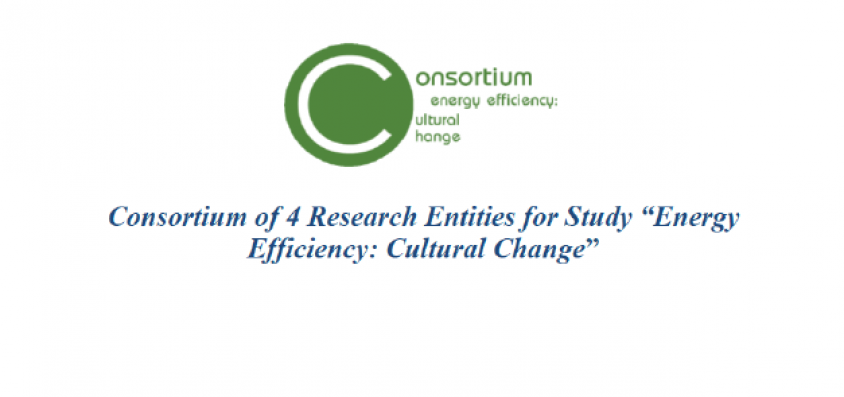NATO ENSEC COE has published a study “Energy Efficiency: Cultural Change”
As the landscape of the NATO operations has changed and its energy requirements increased in last decades, the operational energy efficiency is a key component of ensuring operational resiliency and may reduce challenges that NATO forces face while sustaining its deployments. Declining prices of innovative technology, energy storage and power generation solutions represent the one side of the coin. However, to meet the objectives and targets agreed during past four NATO Summits the methods and concepts of behavioural change in the use of energy of NATO military personnel are becoming more essential/instrumental. In the light of the agenda development, NATO ENSEC COE introduces the Final Report of the Second Part of the Study Energy Efficiency: Cultural Change publication. Several initiatives were carried out by the Allied nations individually, promoting energy efficiency, energy savings along with environmental benefits. Therefore, the aim of this report is to introduce views, experiences and recommendations of NATO and Partner Nations in order to accomplish energy efficiency in NATO’s training and operational environments.
This report is the second part of the “Energy Efficiency: Cultural Change” project, from the NATO Energy Security Centre of Excellence in partnership with the Consortium of Four Research Entities for Study “Energy Efficiency: Cultural Change”. The main focus of the report is on the findings of the two Advanced Research Workshops “Towards Energy Efficiency through Behaviour Change in the Military” held in Vilnius, Lithuania, based on the interactive sharing and consultation among high level experts from NATO Allies and Partners. It also interprets survey data from the “Pilot Study on Energy Efficiency in the Military”. The questionnaires evaluate current military awareness of energy efficiency, the appetite for cultural change and any potential barriers.
While the first part of the study “Energy Efficiency: Cultural Change” provides the key theoretical framework, the second part aims to provide results of the preliminary analysis of different behavioural schemes to be used for preparation of tailor-made recommendations for further actions including relevant tools (e.g. education and training courses), experiments and exercises that enable development of common standards, language, and procedures.
There is also an apparent need for further research regarding experimental implementation and related studies.
You can download the report or read it online here: https://enseccoe.org/en/resources/224/journals/nato-ensec-coe-studies-and-research-40

